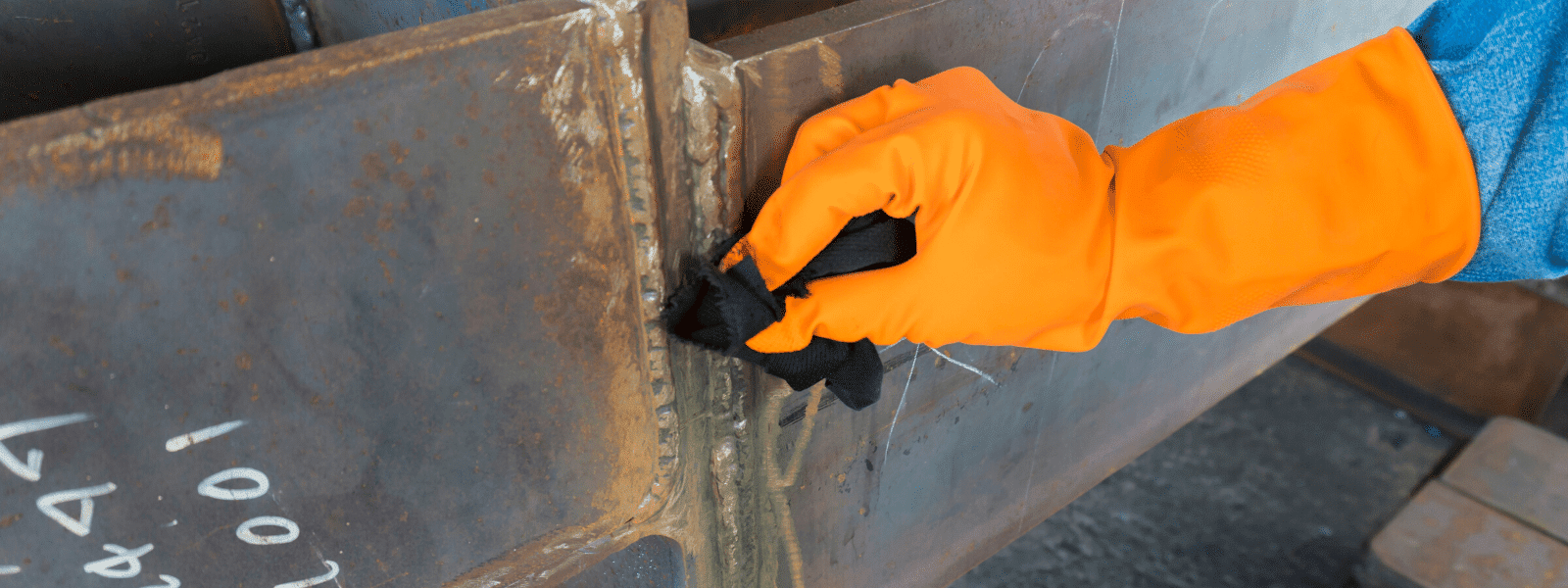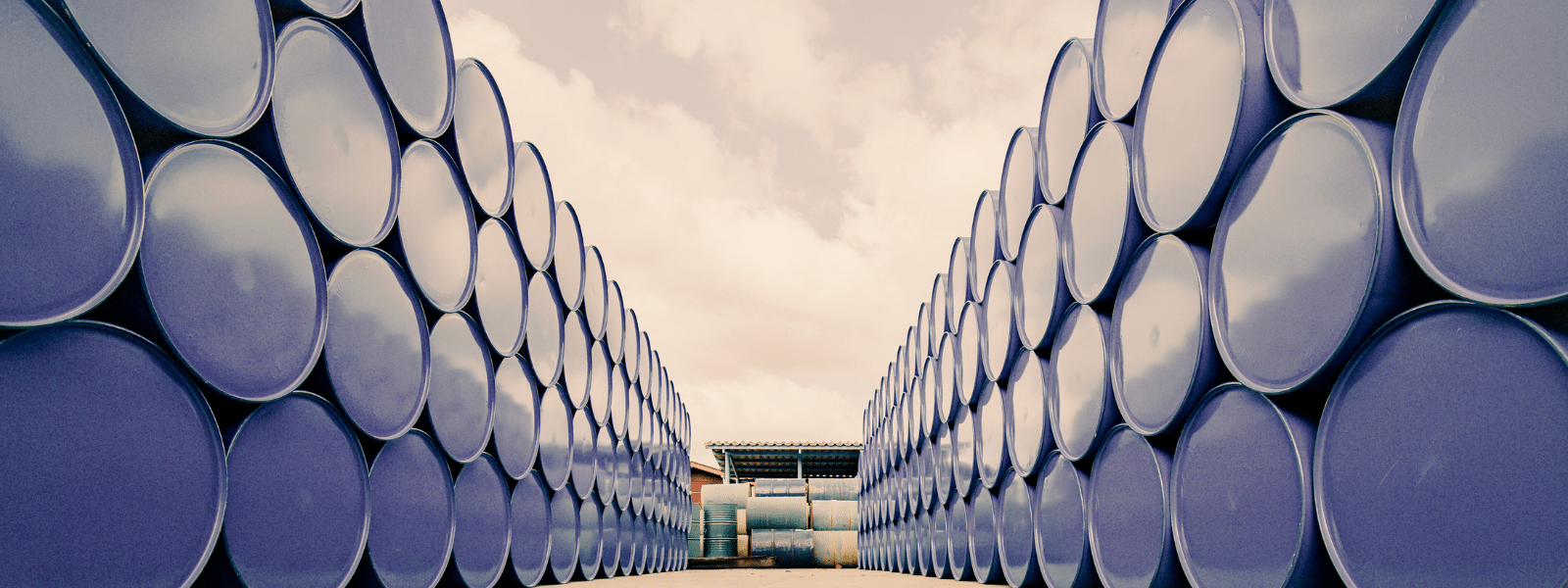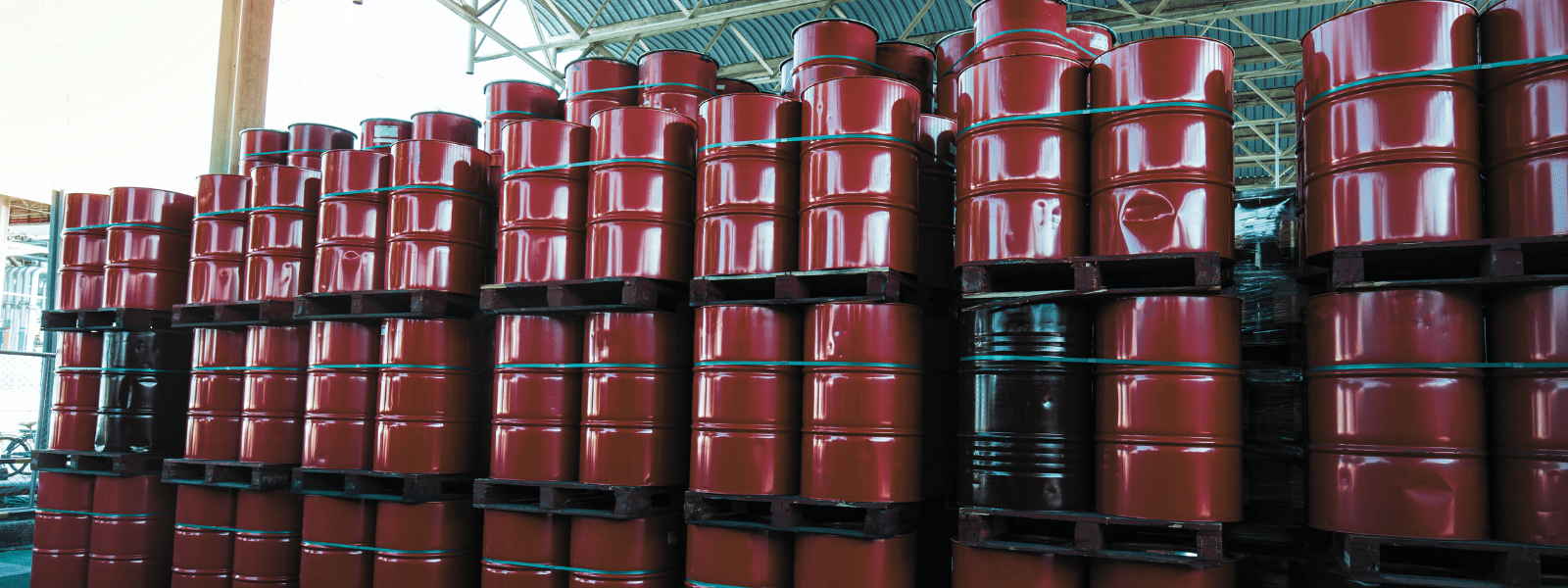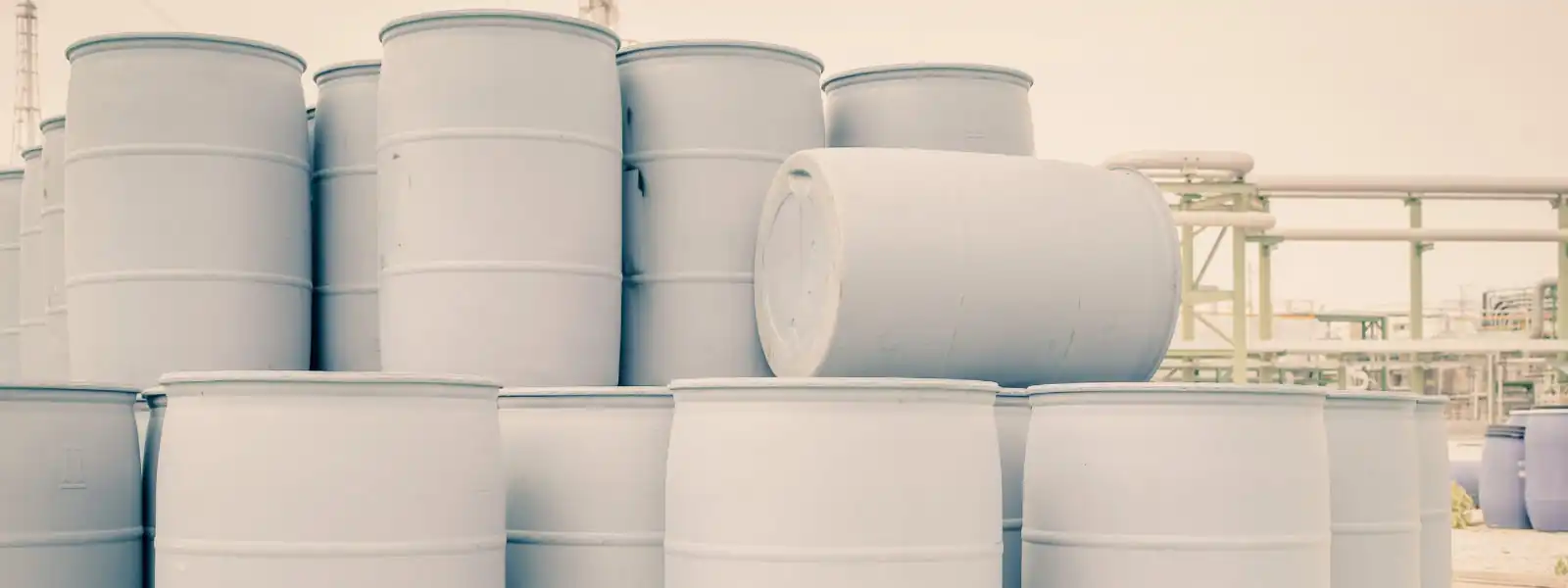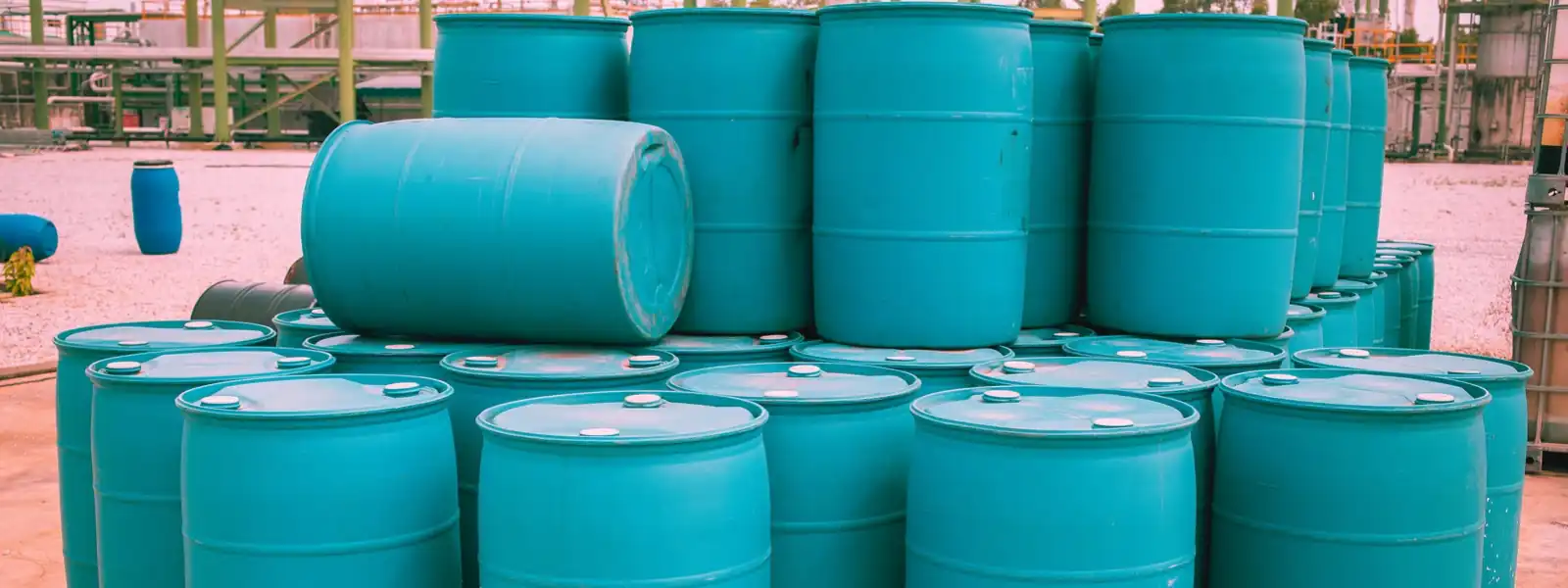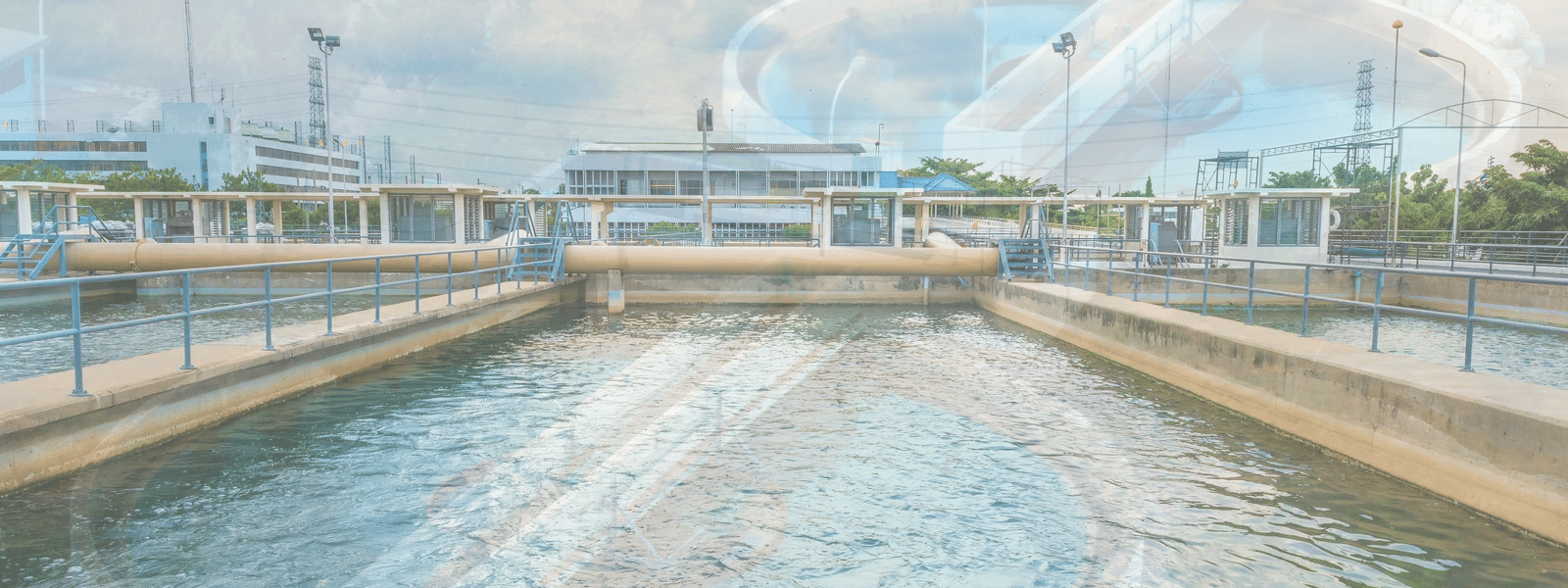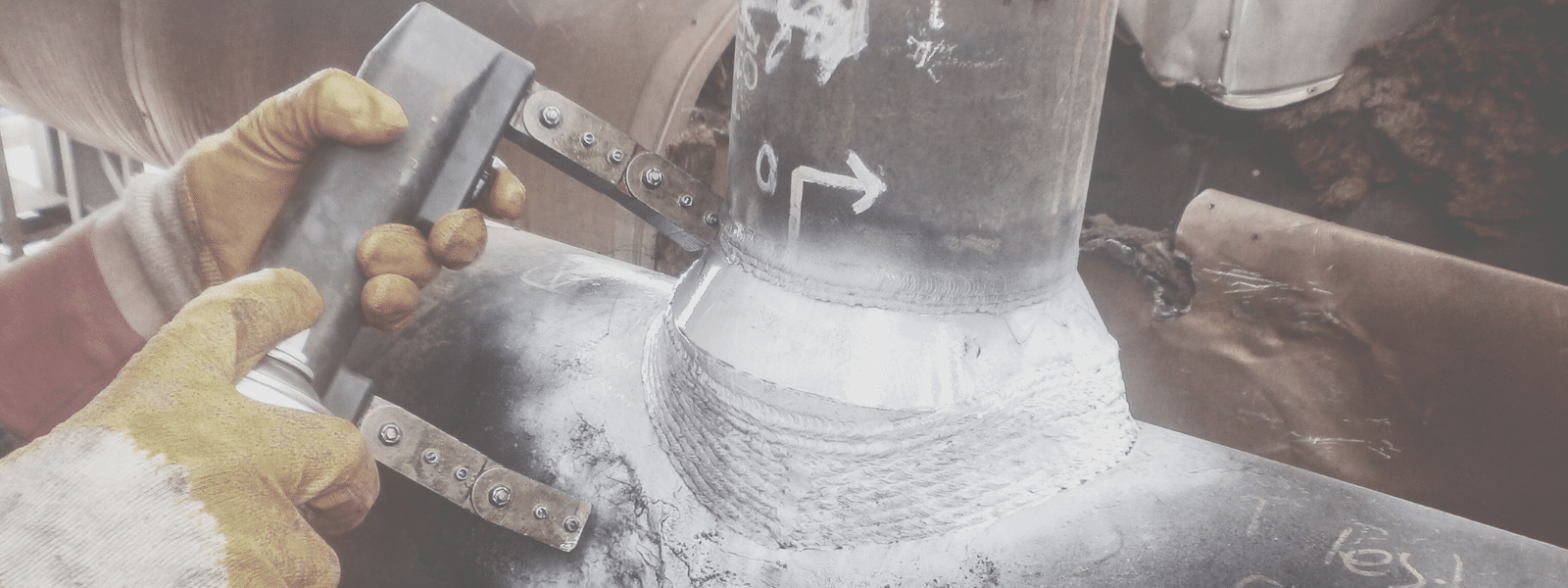Hydrofluoroethers (HFEs) were created to replace several environmentally harmful chemicals that are used in a range of industries. With similar properties to the harmful chemicals, they offer almost all the same advantages in terms of uses but also allow for several environmentally friendly characteristics.
Applications of Hydrofluoroethers
Hydrofluoroethers are used in a variety of ways; a few distinctive uses are listed below.
- Cleaning Solvents
- Heat Transfer Fluids
- Blowing Agents
How Hydrofluoroethers Work
A breakdown of each application of HFEs is described below.
Cleaning Solvents
Hydrofluoroethers are often used in conjunction with a rinse agent to create a co-solvent system that increases the cleaning power. HFEs provide a non-flammable, inert vapor blanket that is ideal for heavy oils, hot melts, greases, and flux residues. Since HFEs have low solubility in water, are compatible with a variety of surfaces, and are stable without additives, they create a cost-effective option for cleaning solvents. Their environmental characteristics also provide indirect savings in the form of no longer paying environmental regulation fees since there are minimal harmful emissions released.
Heat Transfer Fluids
Hydrofluoroethers can be used as heat transfer fluids for organic semiconductors without changing their properties. By immersing a semiconductor into the fluid, the semiconductors can cool efficiently due to the good heat conductivity and dielectric properties. Since hydrofluoroethers are orthogonal to many other solvents used in this process, they are easily recyclable. Other qualities such as non-flammable, zero ozone depletion potential, and low global warming potential are simply additional perks of working with hydrofluoroethers as a heat transfer fluid for semiconductors.
Blowing Agents
To substitute hydrochlorofluorocarbons, chlorofluorocarbons, hydrofluorocarbons, and perfluorocarbons with hydrofluoroethers in blowing agents, there is a minimal difference in the effect of the agent. Thanks to the similarity in physical and thermochemical properties such as low thermal conductivity, low surface tension, and inflammability, hydrofluoroethers offer the same values to a blowing agent as opposing chemicals.
Overall, HFEs provide a more environmentally friendly option while maintaining the same quality of products and services in several applications.
Looking to make sustainable chemical changes?
To learn more about hydrofluoroether solvent and hydrofluoroether clear, contact us or request a quote! Ecolink strives to match each client with the best-suited chemicals for their needs! To learn more about sustainable chemicals strategy click here.





